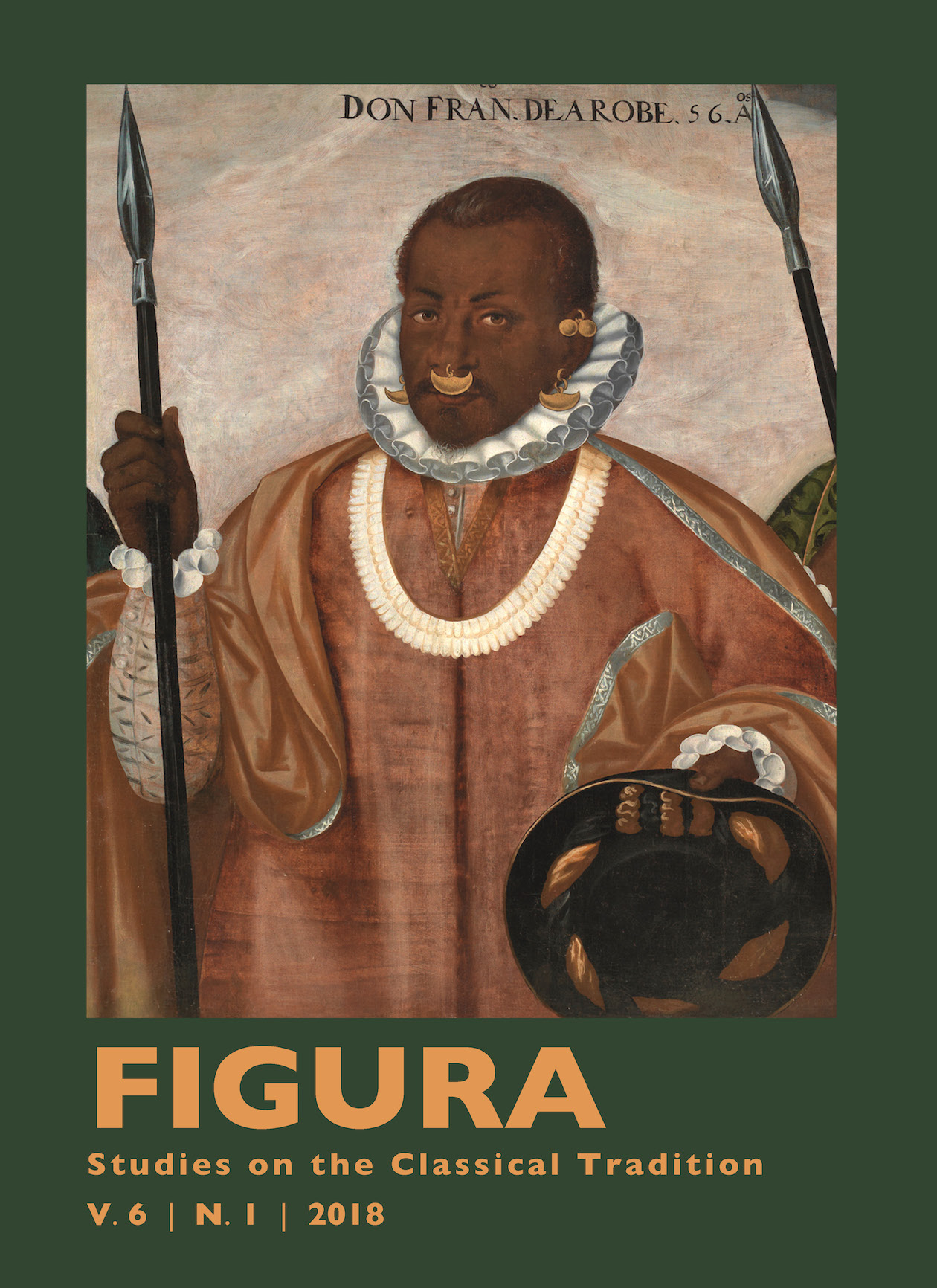Abstract
In the present paper I analyse the Milanese Academy of the Blenio Valley, founded in 1568 by the engraver Ambrogio Brambilla, through the idea of the construction of the artist’s identity in the so-called Renaissance. By using the grotesque-realism mechanism, this group of artists and artisans adopted a carnival-like mask, the facchino, a peasant character drawn from the Milanese everyday life. In their grotesque poetry, the academics make it clear that this ignoble character was nothing more thanan outermost encasement of a noble inner essence. Merging the carnival mask and Neoplatonic thought through the translation of carnival elements into a more intellectual form, that is to say, the Platonic text, the academics constructed and reinforced their divine status on a par with poets.

